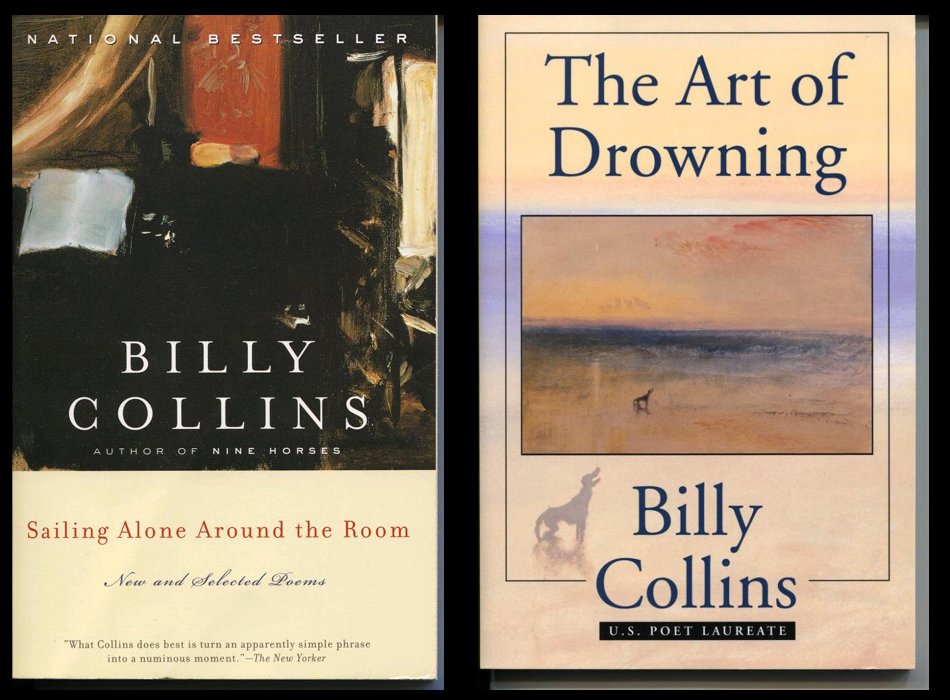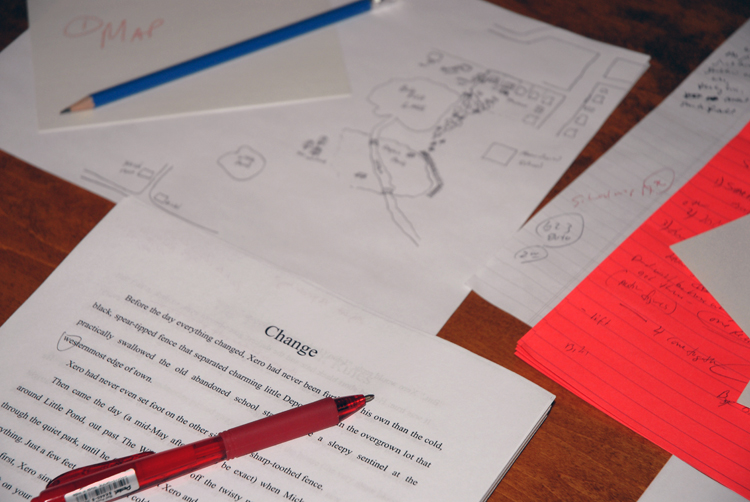
Just Two Books by Former Poet Laureate Billy Collins
If you had uttered the word “POETRY” when I was a boy, I’d have probably run, sort of the way I would have reacted to the words FIRE or SNAKE or to the phrase WANNA KISS (though, as with poetry, I later came around regarding one of those, as well).
English (now called Language Arts) was the ONLY school subject I have ever flat out hated.
Most of that was due to grammar exercises (which seemed, at the time, to be an ingenious method of torture invented by adults especially for teens). Part of my aversion, however, was also due to that other devious cruelty called poetry. These were the sort of topics that could make a somewhat hyper person (meaning me, of course) start banging his forehead against text books and desks and lockers and (if we had grammar and poetry the same day) off the dull-colored cinder block walls of the back hallway.
It sure seemed as though the poems to which we were introduced were secret coded messages and we were supposed to decipher them without any cool decoder rings or fancy machines. It was like translating some long-lost foreign language that looked remotely familiar, sure, but made no sense at all.
Somehow, I managed to get through most of my undergraduate years avoiding anything that might have even been mistaken for an English class.
Eventually, however, I ran out of options. I was twenty-six. And my life changed forever.
Continue reading →

